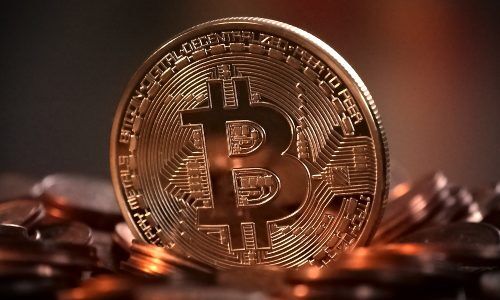El Salvador’s Bitcoin Experiment Ends: What It Means for Crypto Policy
El Salvador was the first country to adopt Bitcoin as legal tender, inspiring crypto enthusiasts worldwide. But three years later, parliament has repealed the law. The reasons behind this reversal—and its implications for Switzerland’s own Bitcoin debate – are worth examining.
Ambitious visions were abundant. El Salvador’s President Nayib Bukele promised his people financial freedom through Bitcoin. He envisioned a Bitcoin City, where crypto firms from around the world would establish themselves and mine digital currency.
The government even announced the world’s first Bitcoin sovereign bond. Bukele was heavily invested in Bitcoin’s success: According to the «NZZ» (paywalled article), he allocated $200 million in taxpayer money to the initiative—a staggering amount for a country on the brink of default.
Parliament Reverses the Decision
El Salvador was the first country in the world to declare Bitcoin an official currency in 2021—despite opposition from the International Monetary Fund (IMF). The move turned the nation into a showcase for Bitcoin proponents. Even in Switzerland, some crypto advocates frequently pointed to El Salvador as a pioneering project.
However, the country’s parliament has now pulled the plug, repealing the law. Bitcoin is no longer official legal tender.
Notably, the decision came just one day before a major international Bitcoin conference in San Salvador at the end of January.
Sacrificed to Economic Hardship
The reversal was barely discussed at the conference, according to multiple media reports. Almost ironically, Gerardo Linares, co-founder of Bitcoin Berlin, stated: «We are in the right place at the right time in world history,» according to «Coindesk».
El Salvador’s economic struggles were the main driver behind this policy shift: The country currently has the lowest economic growth rate in Central America. Its national debt reached 85 percent of GDP in 2024 and is projected to hit 87 percent in 2025.
Moreover, Bitcoin adoption among the population remained low. According to the «NZZ», by the end of 2024, only 7.5 percent of Salvadorans still used Bitcoin.
Swiss National Bank Rejects Swiss Bitcoin Initiative
El Salvador’s decision is likely to have repercussions in Switzerland, where an initiative is demanding that the Swiss National Bank (SNB) invest part of its foreign currency reserves in Bitcoin. The deadline for collecting signatures for the referendum, titled «For a Financially Strong, Sovereign, and Responsible Switzerland (Bitcoin Initiative),» runs until the end of June 2026.
However, the SNB remains opposed to such a move. A central bank must hold reserves that support monetary policy, ensuring long-term value stability. «This is not the case with cryptocurrencies, which experience extreme volatility,» SNB President Martin Schlegel recently stated on Swiss television’s «Eco Talk» program. He added, «Many cryptocurrencies are purely speculative assets.»




























